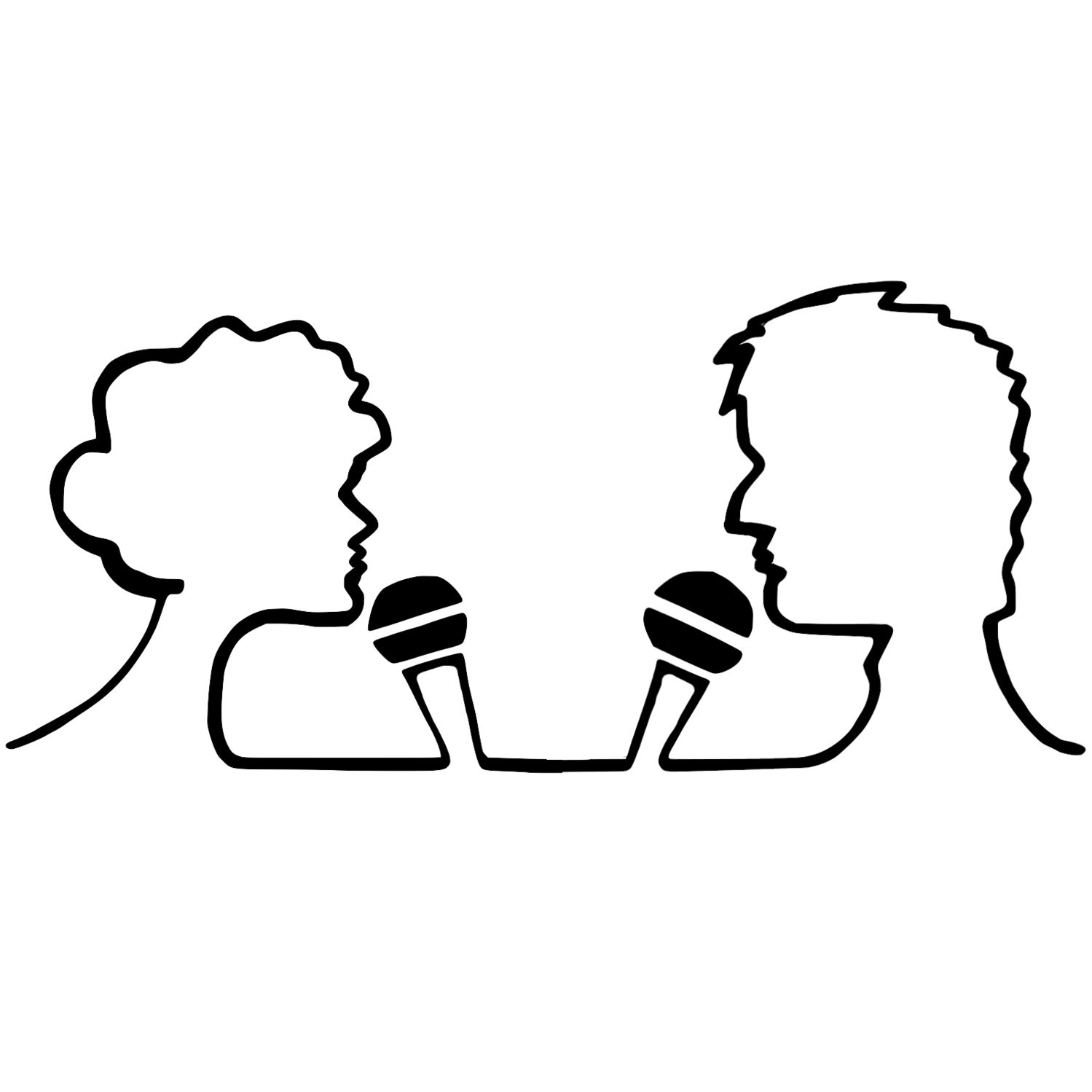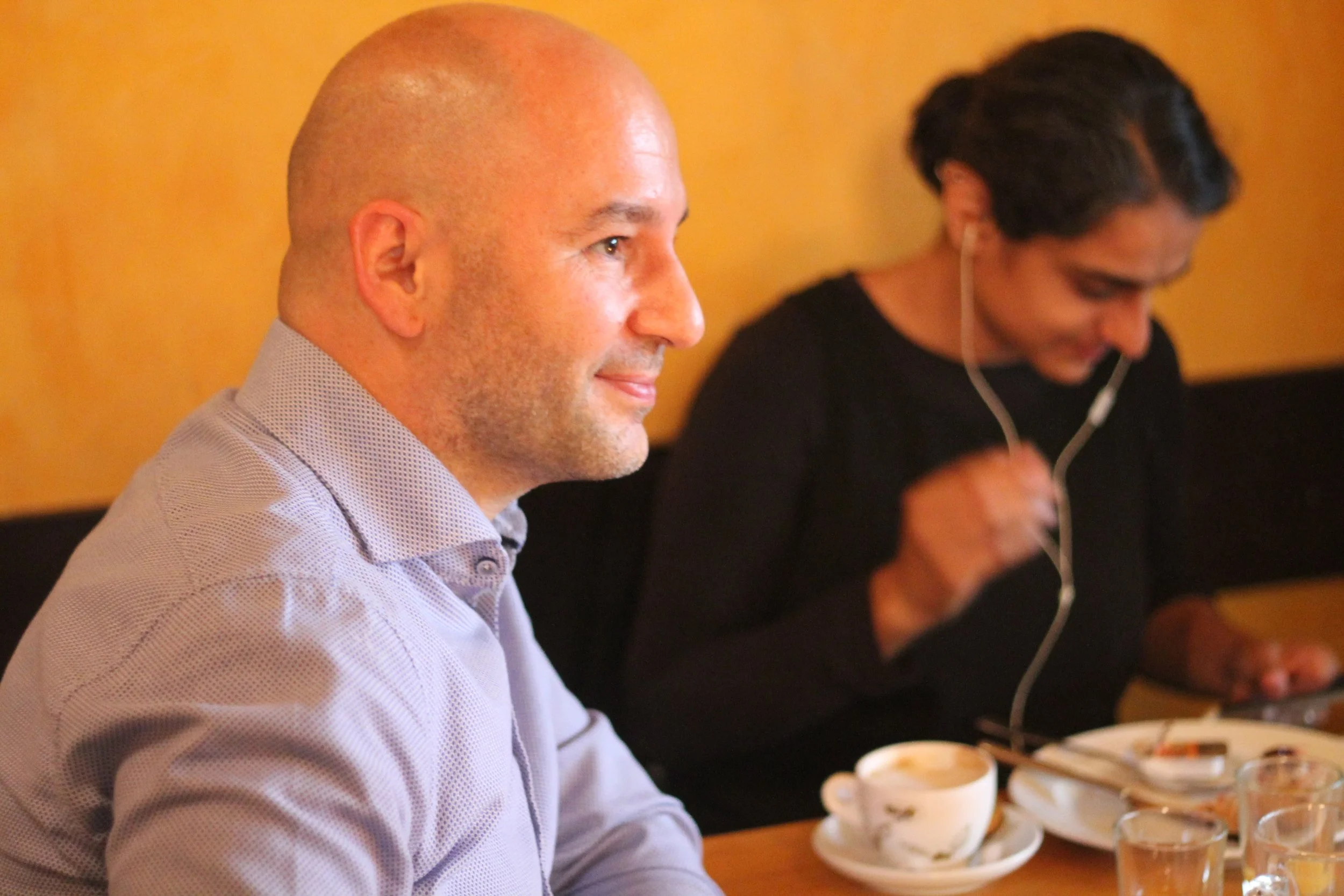Peter Bentley is a scientist's scientist. A man who thinks you should only be doing science as long as you love it (as he does). His subjects of study range from brain networks to hunter-gatherers to autopilots on planes. He looks at how the natural world works through the medium of IT, and in turn how IT can benefit from how the world works.
Peter's love of science extends to writing numerous books on the subject and coming out to talk to us.
Read More



















